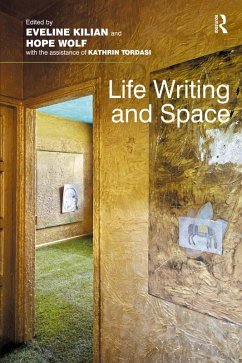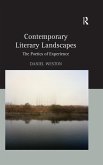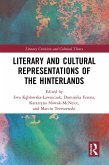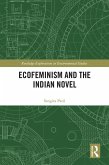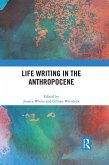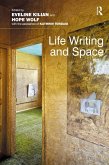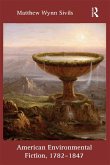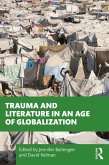How does our ability, desire or failure to locate ourselves within space, and with respect to certain places, effect the construction and narration of our identities? Approaching recordings and interpretations of selves, memories and experiences through the lens of theories of space and place, this book brings the recent spatial turn in the Humanities to bear upon the work of life writing. It shows how concepts of subjectivity draw on spatial ideas and metaphors, and how the grounding and uprooting of the self is understood in terms of place.
Dieser Download kann aus rechtlichen Gründen nur mit Rechnungsadresse in A, B, BG, CY, CZ, D, DK, EW, E, FIN, F, GR, HR, H, IRL, I, LT, L, LR, M, NL, PL, P, R, S, SLO, SK ausgeliefert werden.

